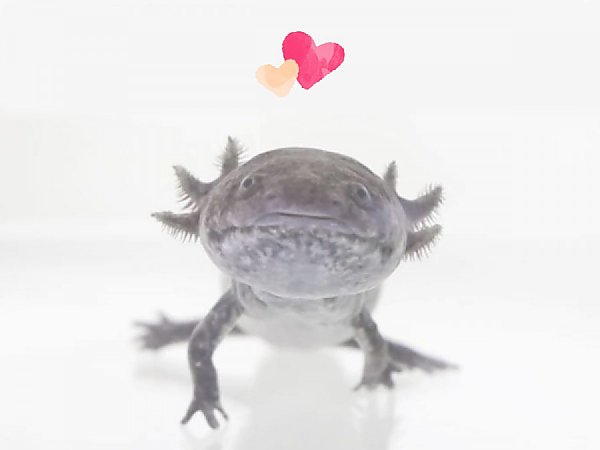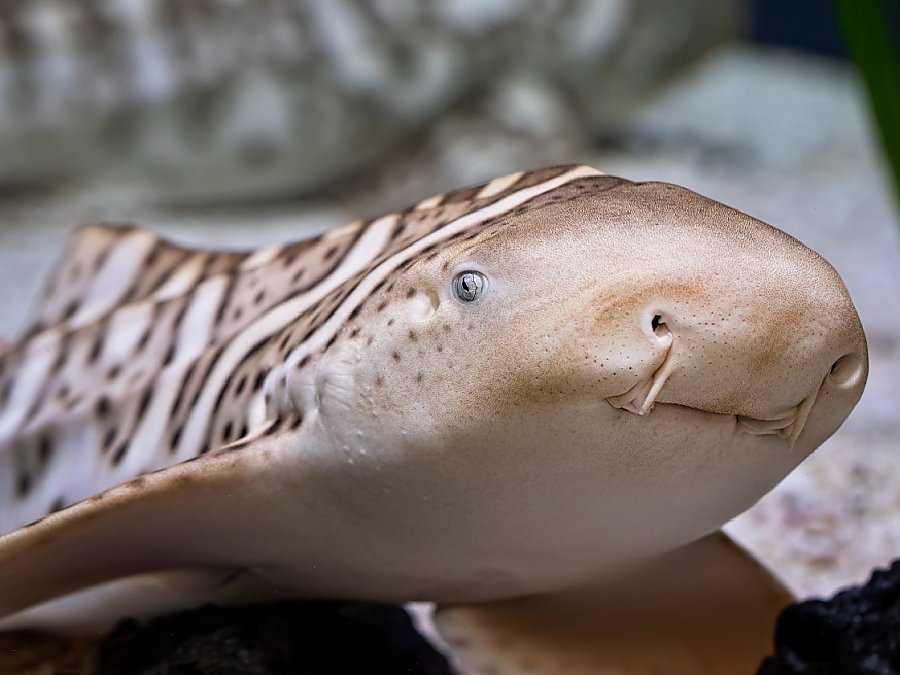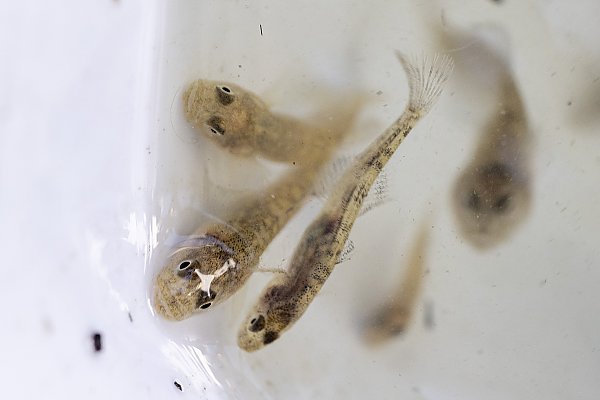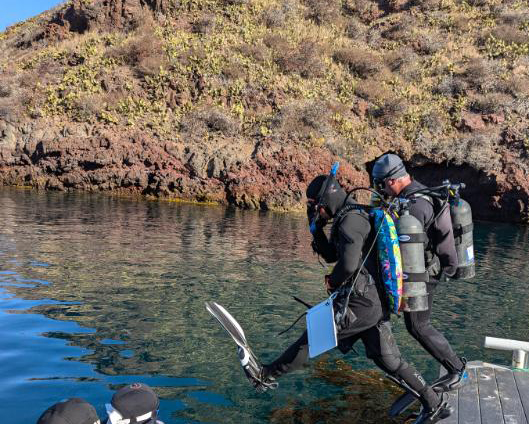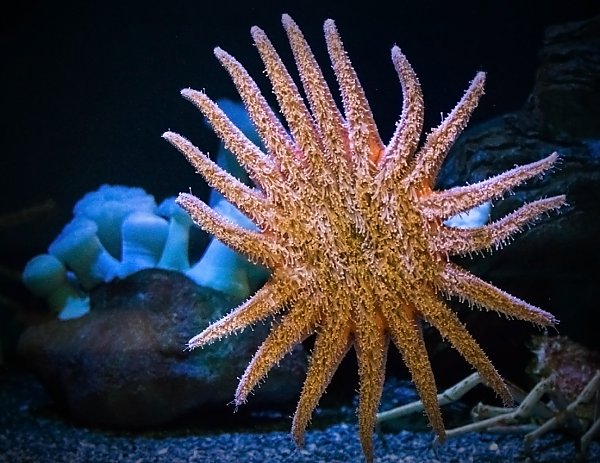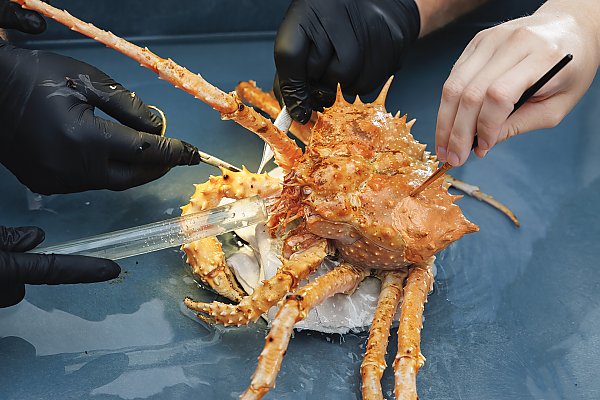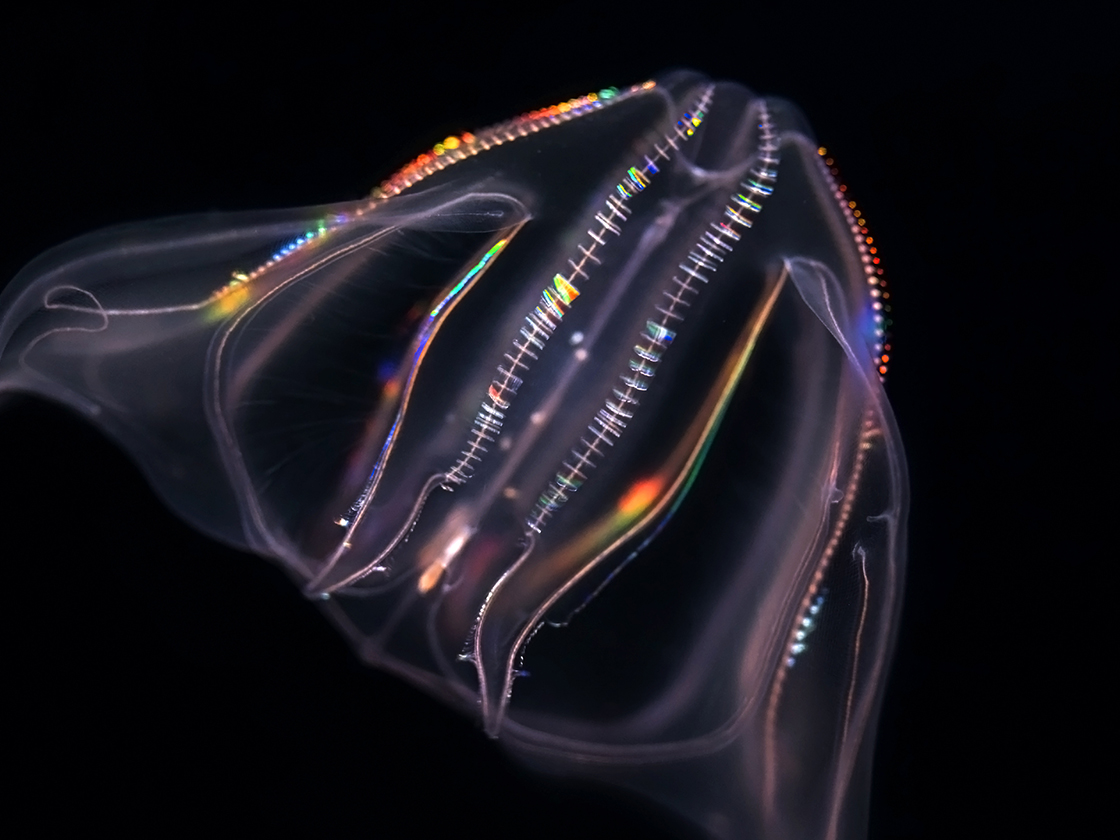October 3, 2024
Sharks play a vital role in maintaining the health of our ocean, and the Aquarium of the Pacific has been working to help these animals through its ground-breaking research on shark artificial insemination. In a recent published study, Aquarium Director of Veterinary Services Dr. Lance Adams led a team to successfully demonstrate the power of ultrasounds to evaluate shark eggs and embryos, which furthers efforts to reproduce these animals. It’s anticipated that this research will help with shark reproduction programs at aquariums that are being used to help repopulate sharks in the wild.
Sharks have many different adaptations, including different ways to reproduce—some give live birth (viviparous) and others lay eggs (oviparous). Dr. Adams, along with additional members of the Aquarium of the Pacific’s veterinary team and researchers from other institutions, observed that the use of ultrasounds was not widely used to study the embryos of egg-laying species such as oviparous sharks. This provided an opportunity to explore this specific use of ultrasound with zebra sharks (Stegostoma tigrinum), a species that lays eggs.
It took two years of weekly ultrasound data collection to determine what information could be obtained by using this non-invasive examination method. This study was able to identify egg and embryo characteristics that can be used to determine fertility, normal or abnormal growth, and embryonic death. One significant advantage found was the earlier detection of a live embryo. Using ultrasound, embryos could be identified around 4 weeks earlier than utilizing another method called candling, where a light is shined through the egg to see the embryo and yolk inside.
The Aquarium of the Pacific was the first public aquarium to successfully reproduce the zebra shark through artificial insemination in 2013. Zebra sharks are one of many endangered shark species. Fortunately, there are efforts underway to help these sharks, such as programs in their natural habitat to help bolster their population and programs involving breeding efforts at aquariums. The Aquarium is now a collaborator in the Stegostoma tigrinum Augmentation and Recovery (STAR) Project program, which involves sending fertile zebra shark eggs from aquariums to Indonesia for release into the wild where zebra sharks no longer exist in the regional area.
The researchers involved with the study include Dr. Adams, Aquarist Rachel Munson, and former Aquarium of the Pacific Veterinary Technician Brittany Goodwin; Dr. Jen Wyffels with Ripley’s Aquariums and the University of Delaware; Dr. Kevin A. Feldheim with the Pritzker Laboratory for Molecular Systematics and Evolution; and Dr. Kady Lyons with the Center for Species Survival at Georgia Aquarium.
